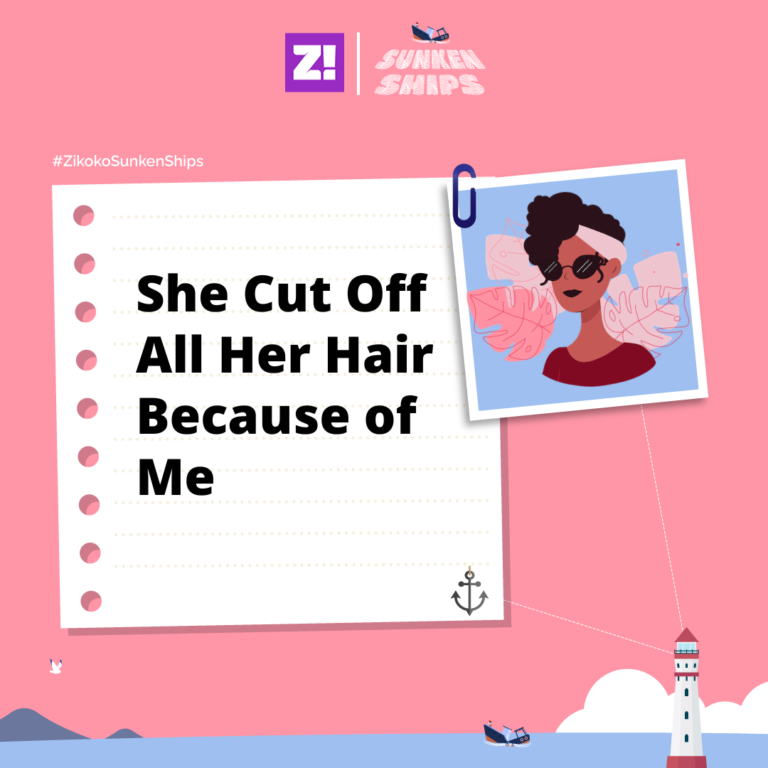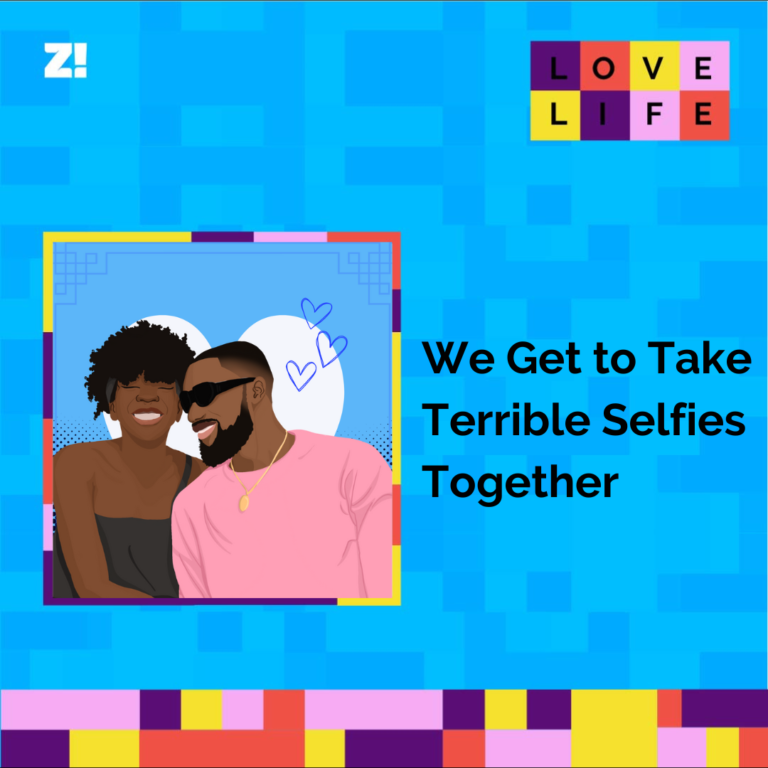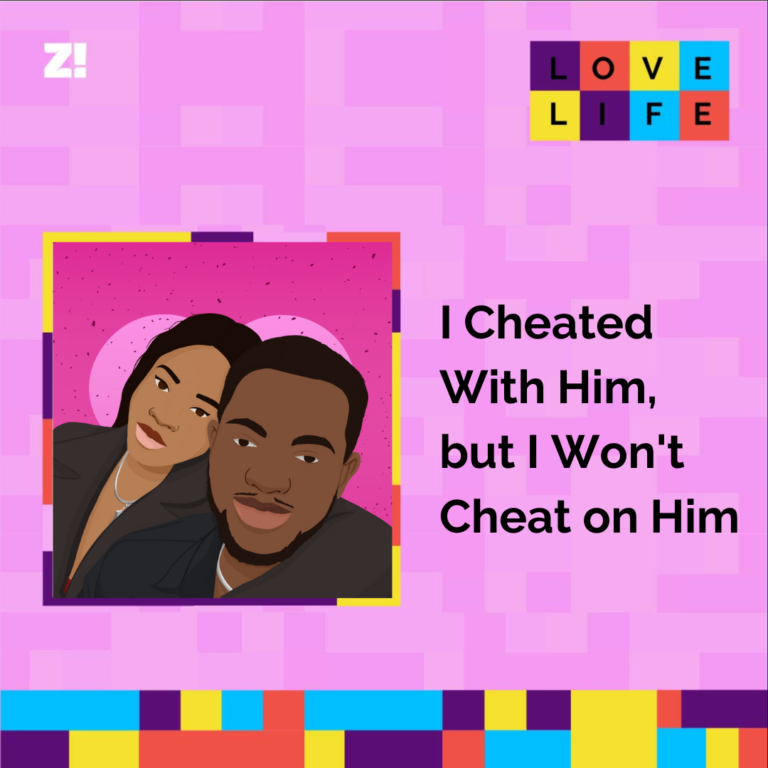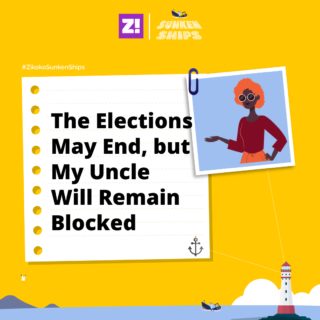The subject of today’s What-She-Said is a 22-year-old woman who was ambitious out of spite for her primary school classmates. She talks about her brother wanting to kill her when they were both children, being bullied in primary school and finally finding community with herself this year.
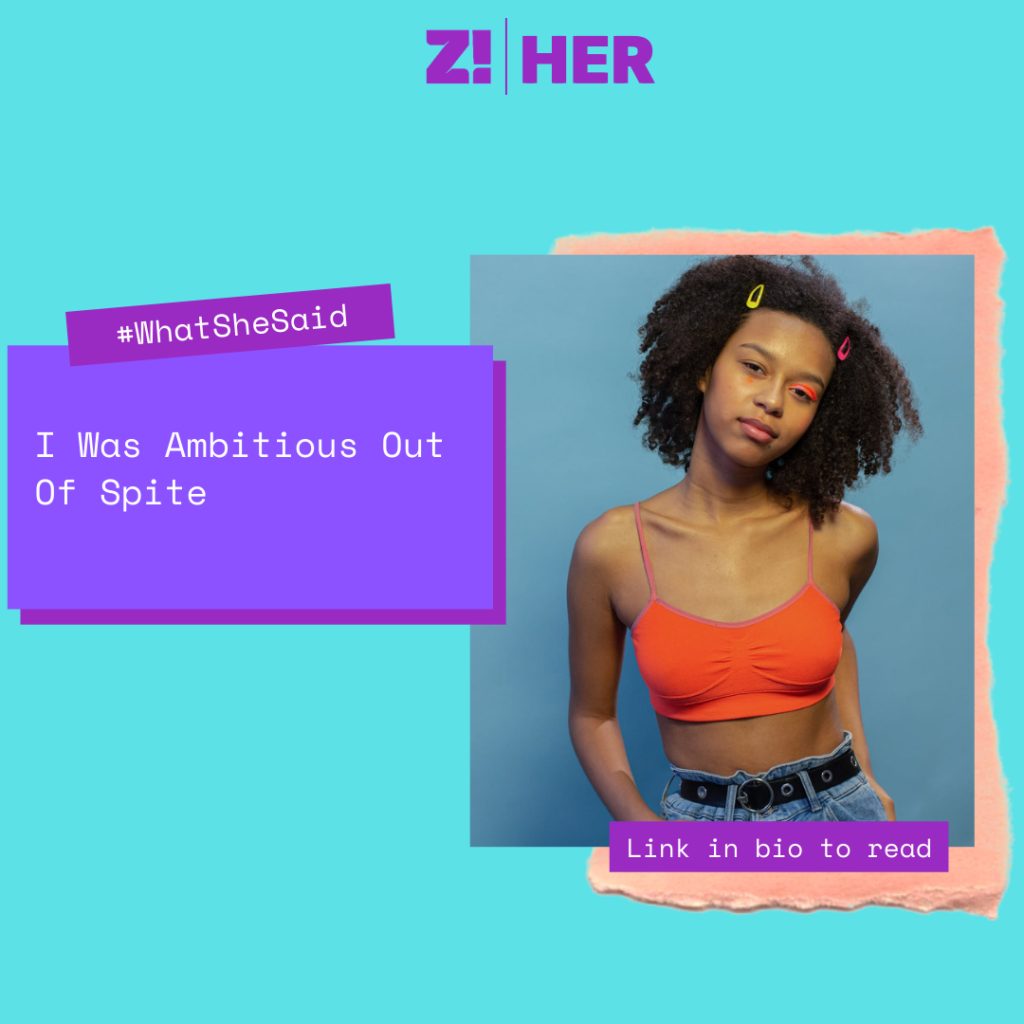
What’s your earliest memory of your childhood?
It has to be of my brother hitting me on the head with a hammer. I had to get stitches, and I still have the scar.
According to my mum, he’s hated me since the day they brought my twin sister and I back from the hospital. That day, he put us in a mortar and wanted to pound us.
WHAT…
In his defence, he was just four and an only child. I love my siblings, and I think I most especially like that, unlike friends, your siblings are obligated to love you. Friends require a constant level of performance while siblings have seen you at your absolute worst and best, so you don’t feel the need to hide anything. You can experience your full range of emotions.
That doesn’t mean we don’t fight. We fought a lot in the house, and it was over stupid things like the TV remote.
Was there any part of your childhood not filled with physical violence?
LMAO. I want to say primary school, but that’s because the violence was emotional.
My parents sent us to a primary school filled with rich people though we were lower middle class. Now, I can say I’m grateful for the experience because I learnt to love reading and conceptualise things, but the experience was awful.
We didn’t have a lot of the things the other children had or drivers to pick us up from school. My brother handled this better because boys didn’t care about those things, but it was hard for my sister and I.
When I was leaving the school, I promised myself I was going to be very successful. That was the only way I could punish them for what they did.
That’s very Nollywood of you.
Yes actually, but I wanted them to look back and feel bad for the way they treated me, and it’s quite ridiculous when I think about it now. I was fuelled by spite.
How did you plan on making them regret it?
Well, I knew I wasn’t really book smart. I had my moments, but you couldn’t really call me intelligent. Education-wise, all my siblings are smarter than me. Learning was never easy for me, so my ambition never extended to school.
My secondary school experience was vastly different. I went to a military secondary school. The funny thing was that they thought my siblings and I were snobs because of the kind of primary school we came from.
In my secondary school, they did this thing where they called out the top five in every class and gave them prizes, then called out the bottom five and caned them. That year, I read so much that I was fourth. After they gave me my prize, the headmistress called out my twin sister and bullied her because I was in the top five and she wasn’t. I was so sad and decided I didn’t want that on my conscience. I stopped trying. This led to me getting C’s and D’s, but I’m grateful I realised my status as an average student early.
Since school wasn’t it for you, what did you do?
When I finished WAEC, my result was seized. They never gave any serious reason why and my parents had to get a lawyer. When they eventually got the result, math was missing. That meant I had to do A-level exams in an Education advancement centre in Ibadan, where we lived. My twin sister luckily did not have the problem I did, so she got into Unilag. When she got to Lagos, she joined a book club.
I decided that she could not have all the fun. I wanted my own book club as well. So I reached out to some of my friends, and we decided to start our own book club. Most of our meetings were online, but eventually, we had to have some physical meetings. Hosting came with paying for snacks, venues, and other things. I never asked anyone for contributions because felt it would be a burden.
I had some money saved from a really well paying gig I got. Plus, my parents gave me money. Honestly, I am shocked I was able to pay for it all. The book club was important to me,. We had a branch in Sierra Leone and another in Ghana. It will always have a very special place in my heart.
Wow. That’s a big deal. Why did you stop?
Well, I had a lot of things going on. Unfortunately, I do the thing where I take on too many projects at once, to the point where I end up overexerting myself. I was volunteering in at least four organisations while still doing school work and also the book club.
I just didn’t know how to not keep busy. Whenever people mention projects around me, I jump on and help make plans for them. It is just how I am. Most of the projects I joined was as a result of a feminist group chat I was in. People kept creating things and asking for help, and I just volunteered.
What did you define as success?
A year ago, success to me was getting into fellowships and impacting people’s lives. It was a very self-serving thing for me. I wanted to rack up awards and be validated by people. I wanted people to think I was smart and brilliant and so many other things. Unfortunately, I didn’t get all the things I wanted.
I feel like everything has led me to this moment. If I had gotten the fellowship and everything else I wanted, I wouldn’t be this clearheaded. I am still going to apply for grants and fellowships, but now I have a clearer picture of what I want. It is not out of spite or about being successful. It will be more about doing things that make me happy.
I have decided to never take on more than three projects at once. When you do many things at once, it’s very easy for you to live on autopilot. You don’t really think about what you do, you just do. I want to be able to savour the moment.
Now that your idea of success has changed, what next?
Ambition meant I never had enough time to just sit with myself and figure out where I am and where I am going. That’s what I dedicated this year to do. To just find community with myself.
I am moving into my own apartment this week, and after I get the article I am working on published, I won’t write for a long time. I want to spend my 20s reading books and focusing on finishing school.
For more stories like this, check out our #WhatSheSaid and for more women like content, please click here
[shortcode]

